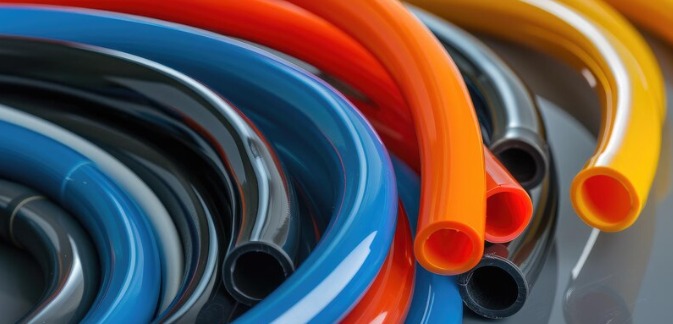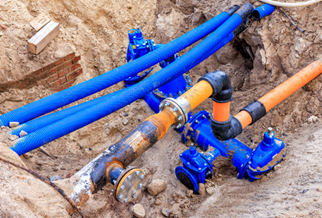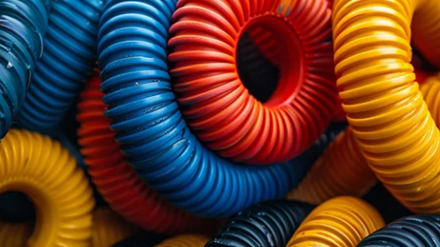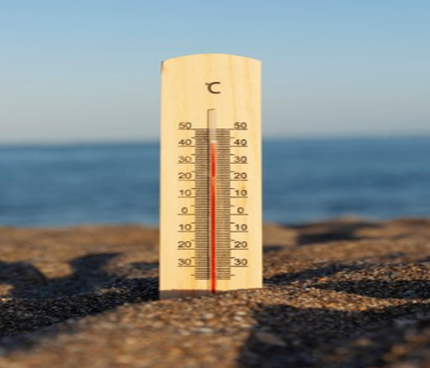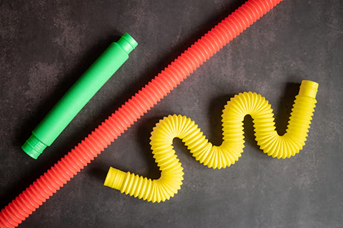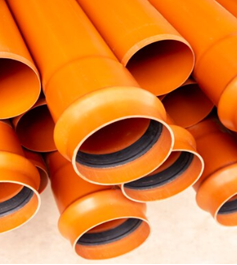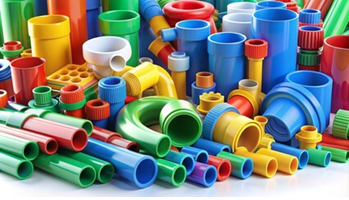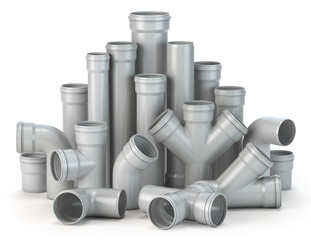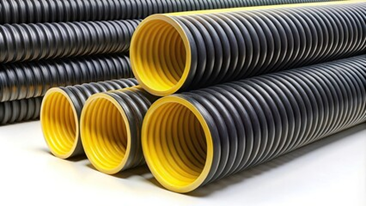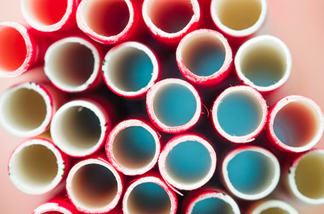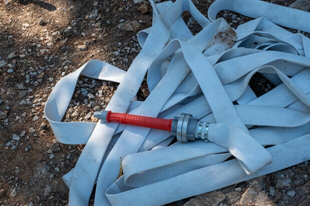Plasmix takes great satisfaction in being a top producer of premium masterbatches made especially for plastic pipes. Our innovative formulations improve plastic pipes' functionality, durability, and appearance, making them appropriate for a variety of uses in the industrial, plumbing, and irrigation sectors. A variety of plastic materials, such as polyvinyl chloride (PVC), polyethylene (PE), polypropylene (PP), and acrylonitrile butadiene styrene (ABS), are used to make plastic pipes, which are adaptable pipeline solutions. Because of their lightweight, durability, and chemical and corrosion resistance, these pipes are used extensively in plumbing, building, irrigation, telecommunications, and many other industrial applications.

